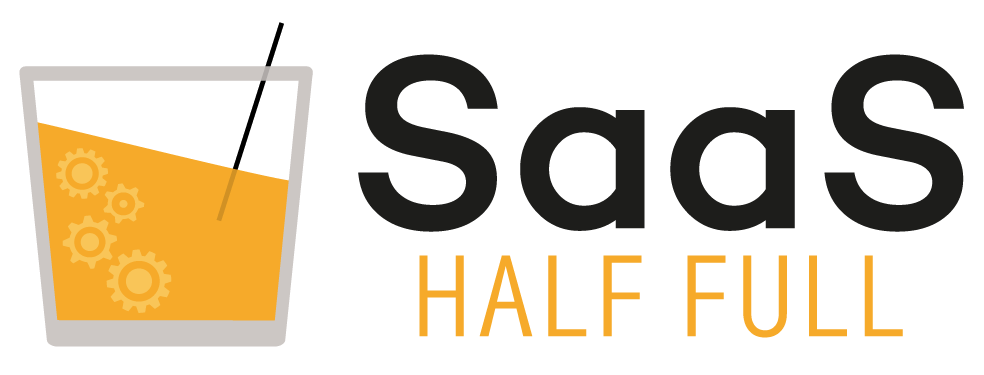In this episode of SaaS Half Full, host Lindsey Groepper chats with Norman Crowley, Founder of Cool Planet Group, one of Europe’s fastest-growing energy companies, about his journey selling his previous tech company, Inspired Gaming Group. A $1B acquisition of the company fell through just hours before the stock market crash in 2018, and Norman recounts the hours and days after.
Tune in to hear the full story, plus additional insights from a serial and seasoned SaaS entrepreneur on when to sell your company, how to adjust your business if something isn’t working and how to vet investors.
Financial Climate Causes Acquisition to Collapse
Norman has first-hand experience dealing with the pain and aftermath of a failed acquisition deal In 2008, during the global financial crisis, his company, Inspired Gaming Group, was going to be acquired for $1 billion when the stock market crashed hours before finalizing the deal.
“The process of closing during the GFC in 2008 was like one of those action movies, where all the disaster is happening just behind you, and you’re running away from it,” said Norman. “We were waiting to go to the lawyer’s office to sign it, and sell the business for a billion bucks, which at the time was my kind of crowning business achievement when we got a phone call.”
One word later — “collapsed”— the buyer said the deal was too much and it was off.
“We went into what every entrepreneur goes through at least 50 times in their life, which is just this dark night of horribleness for about a minute or two,” said Norman. “It just feels like somebody is punching you in the stomach and won’t stop.”
Afterward, Norman and his company needed another seven to eight months to sell their company after expanding globally and scoring some major contracts.
Norman experienced a similar rough patch during COVID-19 but was better equipped to handle the crisis based on his past entrepreneurial experiences.
“We rebounded incredibly quickly,” said Norman. “We have much better tools now. If you don’t have the tools, you’re not geared up for it. But all business, regardless of scale, is about the ability to rebound and roll with the punches. If you’re not getting punched, then you’re just not moving fast enough. Every day is about a challenge and how you respond to that challenge. From that event in 2008, we learned that you need to build up the tools to be more resilient to this kind of thing.”
How do I know when to sell my SaaS company?
Norman suggests selling your company when your happiness becomes compromised. He’s lived through some dark days where working the business had him living in airports, away from his family.
“Steve Jobs had a great quote on this,” said Norman. “And it was so true. He said, ‘If you look in the mirror in the morning, for the seventh day in a row, and you don’t want to be there, then maybe it’s time to go.’”
On the flip side, Norman challenges you to look at why you may want to sell your company and see if there’s something you can fix within your company’s culture or environment first. That excitement and spark might come back.
“I learned a valuable lesson last year. You might want to sell because you’re bored, or because you don’t get along with the management team anymore,” said Norman. “If you’re not getting along with your management team, you hired them — change it. And if you’re bored with the sector, then maybe it’s time to go.”
How do you choose investors for your SaaS business?
Norman has witnessed the shift in how founders choose investors over the last 15 years. Over time, he’s found that investors are becoming more sophisticated.
“I think nowadays good investors are very good at understanding and working with founders, but 50% of the investment market is still just a mess of people who don’t understand what it takes,” said Norman. “They just want a quick result, and right now, they’re the people in most trouble to be.”
With incredible competition in the investment community, Norman knows you want only the empathic investors who understand the entrepreneurial journey on your team.
For more of Norman’s insights, listen to Episode 311 of SaaS Half Full.
